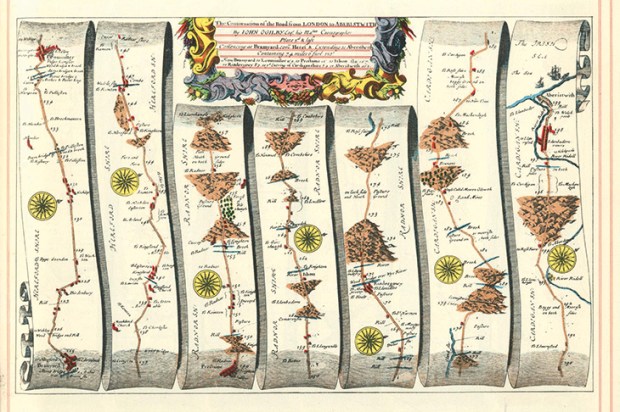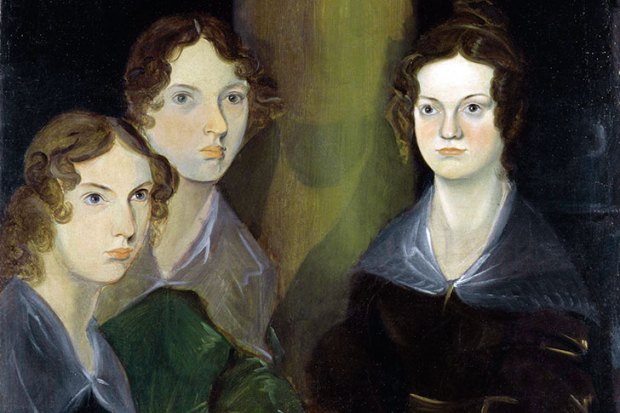Set in rural England in 1911, Tim Pears’s latest novel tells of a friendship between 12-year-old Leo, a precocious carter, and Lottie, the daughter of the master of the farm on which he and his father work. The Horseman is the first instalment of what will be a trilogy, and it is perhaps for this reason that the pacing of its plot feels somewhat preambular: Leo and Lottie bond sporadically over a shared love of animals, but little else of note happens until the very end. It is the setting rather than the story that is foregrounded in these pages. The bulk of the novel is an affectionately rendered tableau of pastoral humdrum: sheaves of barley are loaded on to a wagon; some rabbits are killed in a ferret-assisted hunt; a flagon of cider is passed around between farmers at rest; a large black pig called the Pharaoh is slaughtered and dissected at length; traps are laid for vermin; a sheep gets the gid and has to be put down; there is even a horse auction. ‘The pig shit the boy’s brother Fred piled in a heap at the end of their mother’s kitchen garden,’ reads one typically informative sentence.
This halcyon mise-en-scène suggests a novel written primarily with television adaptation in mind — think Sunday evenings, the Prozac spot just before Grand Designs — an impression only intensified by Pears’s peculiar prose style. Though his sentences are short and his syntax usually uncomplicated, his diction is inflected with liberal sprinklings of mannered, almost parodic archaism, presumably intended to convey a sense of period elegance: ‘knew not’ for ‘did not know’; ‘on the day following’ for ‘the next day’; and, frequently, ‘upon’ where ‘on’ would suffice.
The young horseman of the title is an endearingly gentle soul who wonders why rabbits aren’t caught with nets instead of shot and feels sorry for ants whose anthills are destroyed (‘that their labours which he so admired should be for nought’.) Whether you find this kind of thing life-affirming or schmaltzy is a matter of personal preference. The Horseman is certainly neatly crafted, and compelling in its sleepy, saccharine way. It is a sweet little yarn, though the transparent, button-pushing deployment of sentimental tropes — agrarian nostalgia, the dignity of work, peasant stolidity, class deference — marks it out as decidedly middle-brow fare.
Got something to add? Join the discussion and comment below.
Get 10 issues for just $10
Subscribe to The Spectator Australia today for the next 10 magazine issues, plus full online access, for just $10.
You might disagree with half of it, but you’ll enjoy reading all of it. Try your first month for free, then just $2 a week for the remainder of your first year.














Comments
Don't miss out
Join the conversation with other Spectator Australia readers. Subscribe to leave a comment.
SUBSCRIBEAlready a subscriber? Log in